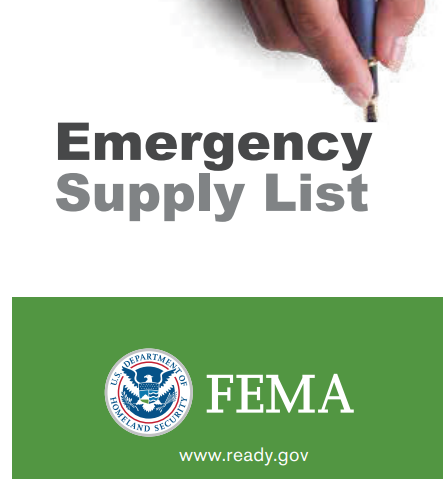Preparing for Natural Disasters: Tips to Keep in Mind
Planning for hurricane season and other potential disasters can be stressful, and with COVID-19 to consider as well, it may be especially so.
Public health and emergency response professionals have advice to help you safely prepare, evacuate, and shelter for severe storms while protecting yourself and others from COVID-19. Here are some tips to help you and your family stay safe during hurricane season this year.
BUILD YOUR GO-KIT
A disaster supplies “go-kit” is a collection of basic items your household may need in the event of an emergency.
LOCAL EMERGENCY SHELTER
In case of a voluntary or mandatory evacuation, familiarize yourself with the local emergency shelter closest to your home that meets your family’s needs. If you or a member of your household are medically stable but need help with basic tasks or use an electronic medical device and have no other evacuation options, they should pre-register for a special needs shelter at SNR.FloridaDisaster.org.
For even more information about emergency preparedness, visit your county’s emergency management website.
PREPARE FOR
HURRICANE SEASON
- Pay attention to local guidance about updated plans for evacuations and shelters, including shelters for your pets.
- Stay up to date on your medical treatment. COVID-19 vaccines help protect you from getting sick or severely ill with COVID-19. Staying up to date on vaccines makes it less likely that you will be sick with COVID-19 while sheltering or evacuating from a hurricane, and less likely to need medical services while hospitals are under strain from the natural disaster.
- Pay attention to the COVID-19 Community Level in your area and follow recommendations to stay safe. Take steps to protect yours and others’ health while preparing for the hurricane.
- When you check on neighbors and friends, be sure to follow CDC recommendations to protect yourself and others.
PREPARE TO EVACUATE
-
If you may need to evacuate, prepare a “go kit” with personal items you cannot do without during an emergency. Include items that can help protect you and others from diseases, such as hand sanitizer with at least 60% alcohol, bar or liquid soap, and disinfectant wipes (if available).
- Have several ways to receive weather alerts, such as National Weather Service cell phone alerts, NOAA Weather Radio, or (@NWS) Twitter alerts.
- Find out if your local public shelter is open, in case you need to evacuate your home and go there.
- If you need to go to a disaster shelter, follow CDC recommendations for staying safe and healthy in a public disaster shelter.
- Follow guidance from your local public health or emergency management officials on when and where to shelter.
- Make a plan and prepare a disaster kit for your pets. Find out if your disaster shelter will accept pets. Typically, when shelters accommodate pets, the pets are housed in a separate area from people.
- If you have to travel away from your community to evacuate, follow safety precautions for travelers to protect yourself and loved ones.

